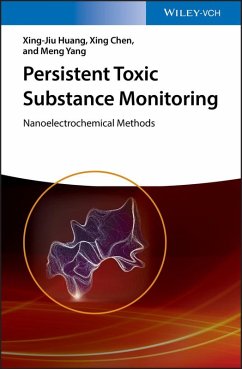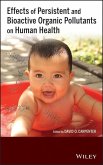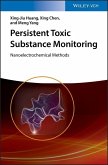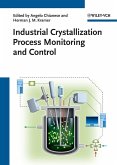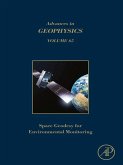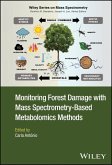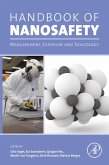Filling the urgent need for a professional book that specifies the applications of nanoelectrochemistry for the monitoring of persistent toxic substances, this monograph clearly describes the design concept, construction strategies and practical applications of PTS sensing interfaces based on nanoelectrochemical methods. The comprehensive and systematic information not only provides readers with the fundamentals, but also inspires them to develop PTS monitoring sensors based on functional nanostructures and nanomaterials. Of interestto chemists, electrochemistry researchers, materials researchers, environmental scientists, and companies dealing with electrochemical treatment and environment.
Dieser Download kann aus rechtlichen Gründen nur mit Rechnungsadresse in A, B, BG, CY, CZ, D, DK, EW, E, FIN, F, GR, HR, H, IRL, I, LT, L, LR, M, NL, PL, P, R, S, SLO, SK ausgeliefert werden.

